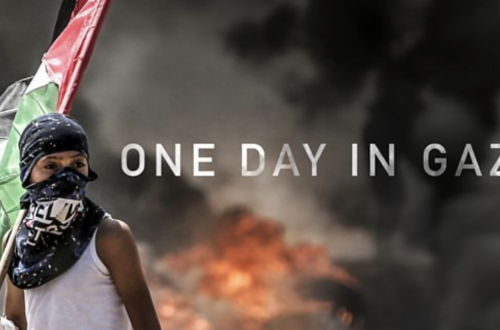Javier Bardem, Penelope Cruz and others have attracted some criticism following the publication of a letter written in protest at the conflict in Gaza. It employed hyperbole, referring to ‘genocide’, but was not of course in the same league as comments made by some other Hollywood stars (Mel Gibson is the obvious example.)
When reporting on sensitive news items, it’s important to remember the impact a headline can have. Perhaps Rhys Blakely didn’t write this one himself – ‘Studios blacklist Cruz over Gaza letter’ – but, whoever’s to blame, it seems a very irresponsible souping-up of unevidenced rumours, presenting these as established fact.
Here are the most relevant sections:
Pledges to shun the Spanish actors – believed to have been made privately by a handful of top industry executives – came after Bardem and Cruz, who are married, signed an open letter denouncing “the genocide perpetrated by the Israeli occupation army”.
…
Those sentiments [claims of antisemitism] were echoed privately by several industry figures, who said actors who persisted in openly criticising Israel would struggle to find work.
Although Blakely qualifies this assertion:
However, many actors said that the threats to boycott Bardem and Cruz were being made at a time when passions were running high – and that the actors would soon find employment again as long as they continued to draw audiences.
the tendentious headline is clearly having an effect. Here’s one example from Twitter:
Saying “Jews run the media” is #antisemitism? How would you describe this? #Hollywood blacklists cruz/bardem
The word blacklisting, in this context, inevitably echoes the McCarthyite blacklisting of the 1950s, and thus implies a semi-official, universal, long-standing interdict – these sinister connotations seem in no way earned by the actual content of Blakely’s article.


